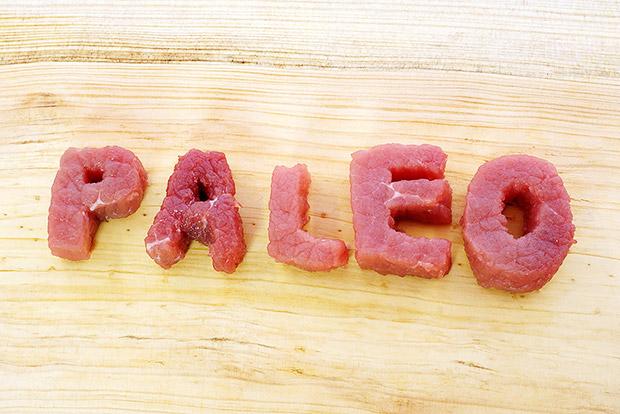
The Paleo diet is an eating plan that mimics what was likely eaten during the Paleolithic era when our ancestors were hunters and gatherers.
The diet comprises foods that could be hunted or gathered, such as meat, poultry, fish, eggs, vegetables, fruits, nuts, and seeds. The belief behind this eating style is that foods like grains, legumes, and dairy are associated with the onset of chronic disease. Therefore, these foods are eliminated from the eating plan. The Paleo diet limits sugar and sodium intake because it does not allow processed or pre-made foods.
Not all Paleo diets are the same. Many people eat variations of the diet, stick to it only during the week, or incorporate free days to eat anything they want. Others follow the guidelines strictly.
Even critics of the diet recognize that there are benefits to reducing sugar and sodium, along with an increase in fruits, vegetables, and healthy fats from fish, nuts, and seeds. However, many health professionals are still concerned that excess meat increases saturated fat intake and that the diet limits nutrient-rich foods. According to the Academy of Nutrition and Dietetics, research still links the fiber from whole grains with a decreased risk for heart disease, cancer, and diabetes, and dairy may play a role in weight loss.
According to the Mayo Clinic, limited short-term clinical research conducted with small groups has shown that a Paleo diet may have moderate benefits compared to eating plans that include whole grains, legumes, and low-fat dairy. There is evidence of increased weight loss, improved glucose tolerance, better blood pressure control, and better appetite control.
More extensive, long-term studies are still needed. It’s possible that similar health benefits can be achieved with exercise and a balanced, healthy diet, eliminating the need for such severe food restrictions. Critics also argue that the basis of the diet may be oversimplified, leading to more confusion about healthy eating. Some archaeological research suggests that grains may have been present in the diets of our ancestors before the onset of farming. If this is true, it complicates the justification for eliminating them, which is associated with the Paleo diet.
As always, check with your doctor or a registered dietitian when exploring new eating plans. He or she can help you find the best eating style to give you the nutrients you need based on your health history and long-term fitness goals.
Sources



 3 Healthy Lunches for Your Work Week
3 Healthy Lunches for Your Work Week
 5 Tips for Stretching Your Budget for Healthy Food
5 Tips for Stretching Your Budget for Healthy Food
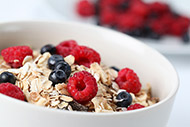 Best Ways to Reduce Added Sugar
Best Ways to Reduce Added Sugar
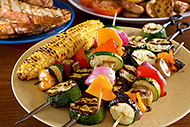 Healthy Tips to Lighten Up Picnic Foods
Healthy Tips to Lighten Up Picnic Foods
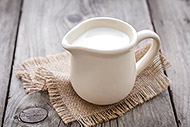 Do You Need to Drink Milk?
Do You Need to Drink Milk?
 Tips to Keep Track of Water Intake
Tips to Keep Track of Water Intake
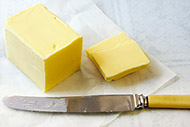 Butter vs. Margarine: What’s the Best Choice?
Butter vs. Margarine: What’s the Best Choice?
 7 Good Mood Foods
7 Good Mood Foods

 Pinterest
Pinterest RSS Feed
RSS Feed